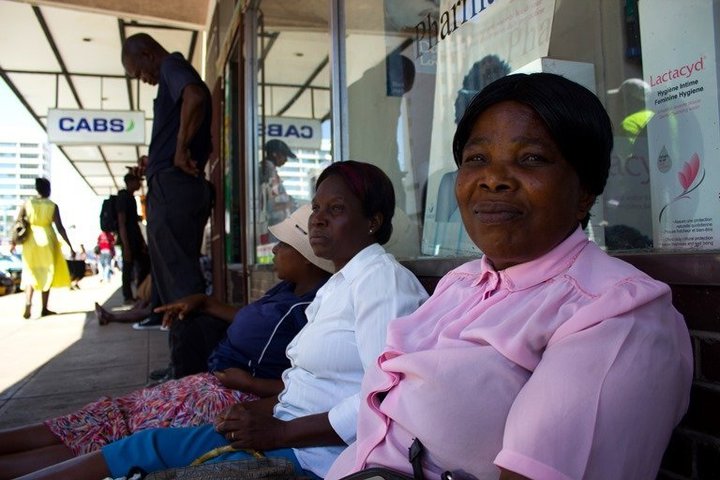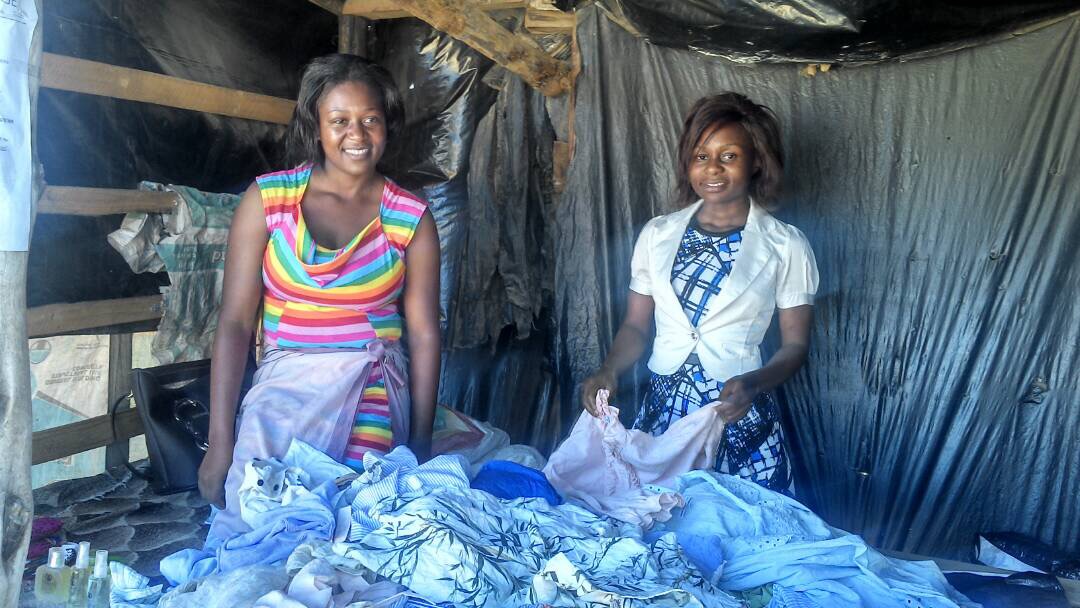Since 2016, Zimbabwe’s economy has been in recession. But it’s been in trouble for much longer—over fifteen years now.
Though the cash shortages brought on by the crisis are tough on everyone, there’s one group of people who bears the brunt of the burden: women.
According to The World Post, women often wait for hours outside banks trying to get cash, missing doctor’s appointments and other commitments so as not to lose their place in line. “As a wife, it’s my job to come here and wait,” said one woman. “It’s painful. Coming to get money feels like a daily job, but I can’t eat and I can’t drink water because I’ll lose my place in the line if I go to the toilet. There’s a pay toilet a block and a half away, but I have to go often and they are not always clean,” said another.
The crisis is taking a toll on women’s health in particular. Cash shortages often prevent hospitals from getting the drugs and supplies they need to care for their patients. Surgeries like C-sections are sometimes not possible, leaving pregnant women and infants particularly vulnerable. Zimbabwe also has one of the highest rates of HIV infection in the world, and well over half of the infected are women. A nurse told The World Post that women often miss their treatment doses because they are waiting in line for cash.
Women with children face even more challenges. “When there isn’t much money, the men usually take off, leaving the women to take care of kids financially,” says our founder, Shyam K. Iyer. “Their responsibilities grow as both breadwinners and as mothers.” Plus, the financial crisis makes education even more inaccessible to children, particularly girls.
What can be done about it? Here at SKIC, part of the reason we’ve chosen to focus our efforts on Zimbabwe is because we feel we can help in the face of this crisis. “We at SKIC realize that when things get difficult is the exact time for us to step in and take a chance on people who abound with energy and entrepreneurism yet are trapped by political and economic forces beyond their control,” says Shyam. By handing them cash, we eliminate the problem that the lack of liquidity in Zimbabwe’s economy presents.
And by honoring Zimbabwe’s entrepreneurial spirit through microfinance loans, we’re giving women an out from the financial crisis and a chance at self-sufficiency. “With the country receiving so little financial support this is even more important,” Shyam says. We’re equally committed to providing scholarships for young girls in Zimbabwe, giving them the foundation that will allow them to thrive in the future, as well as taking the financial burden off their families.



